Which Is Better: Square or Round Diamond Painting?
Diamond painting has become a popular craft hobby, captivating enthusiasts with its sparkling and vibrant creations. If you’re new to diamond painting, one question that often arises is whether to choose square or round diamond drills. In this article, we will explore the differences between square and round drills, their advantages, and help you decide which shape is better suited for your diamond painting projects.
Understanding Square and Round Diamond Drills
Before we delve into the differences, let’s understand the basic characteristics of square and round diamond drills. Square drills have a perfect fit and create sharp lines without gaps when placed together. On the other hand, round drills have a circular shape and provide a more forgiving placement due to slight gaps between them.
Sparkle and Shine: Round Drills
Round drills are known for their sparkling appearance. With more facets, these drills reflect light beautifully, resembling the shimmer of glitter. This makes round drills an excellent choice for those seeking extra sparkle in their diamond paintings.
Precision and Completeness: Square Drills
If you desire a diamond painting with complete coverage and a fuller look, square drills are the way to go. These drills fit tightly together, leaving no gaps and creating sharp, straight lines. The result is a more finished and polished appearance.
Ease of Application: Round Drills
Round drills are often preferred by beginners due to their ease of application. Their circular shape allows for placement in any direction, making them forgiving and accommodating to those just starting their diamond painting journey. Additionally, the larger size of round drills allows for faster completion of projects.
Details and Depth: Square Drills
For those seeking intricate details and depth in their diamond paintings, square drills offer a significant advantage. The square shape and tight fit of these drills allow for a more mosaic-like appearance, showcasing finer lines and smaller details with clarity.
Size Difference: Round vs. Square Drills
In terms of size, round drills are slightly larger than square drills. Round drills typically measure 2.8 x 2.8 mm, while square drills have dimensions of 2.5 x 2.5 mm. Although the difference may seem minimal, it can impact the level of detail and precision achievable in a diamond painting.
Coverage and Wholeness: Square Drills
One of the distinctive features of square drills is their ability to provide complete coverage. When placed together, square drills leave no gaps, ensuring that the background canvas remains hidden. This creates a fuller and more cohesive appearance.
Forgiveness and Adjustability: Round Drills
Round drills offer forgiveness when it comes to slight misplacements. Due to the gaps between them, round drills can adjust and accommodate minor errors, making them more forgiving for those with less steady hands or beginners who are still developing their diamond painting skills.
Glow and Facets: Round vs. Square Drills
The number of facets and the way the drills are cut contribute to their overall glow. Round drills, with their numerous facets, tend to have a more sparkly appearance. Square drills, while not lacking in sparkle, have a different aesthetic due to their shape and cut.
Resolution and Clarity: Square Drills
When comparing the resolution of diamond paintings created with round and square drills, square drills often come out on top. The tighter placement and smaller gaps in square drill paintings result in higher resolution and clarity, especially when viewed up close.
The Satisfying “Snap” Sound: Square Drills
One unique aspect of working with square drills is the satisfying “snap” sound they make when properly placed on the canvas. The closely aligned square drills fit together seamlessly, creating a gratifying experience for the artist.
AB Diamonds: Adding Extra Sparkle
In addition to traditional round and square drills, there are also AB (Aurora Borealis) diamonds available. These special diamond drills have an iridescent coating that enhances their sparkle and resembles the beauty of the Northern Lights. AB diamonds are available in both round and square shapes and can be used to add extra shine and accentuate specific areas of a diamond painting.
Personal Preference: Choosing the Right Drill Shape
When it comes to choosing between square and round diamond drills, personal preference plays a crucial role. Some artists prefer the quick application and extra sparkle of round drills, while others appreciate the precision and completeness of square drills. Ultimately, it is important to consider your desired outcome, skill level, and the specific details of the design when making a choice.
Conclusion
In conclusion, both square and round diamond drills have their unique characteristics and advantages. Square drills offer precise placement, complete coverage, and a polished look, while round drills provide ease of application and sparkling appeal. The decision between square and round drills depends on your preferences, skill level, and the specific requirements of your diamond painting project.
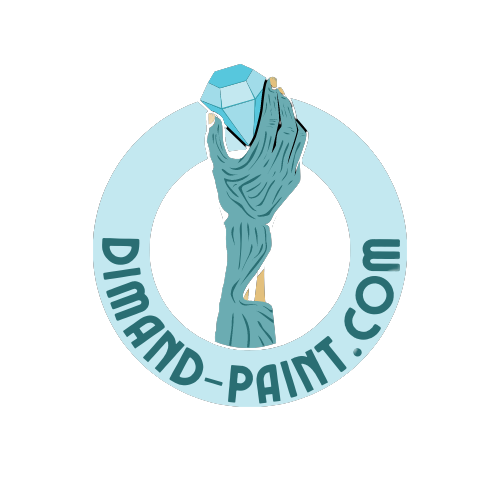
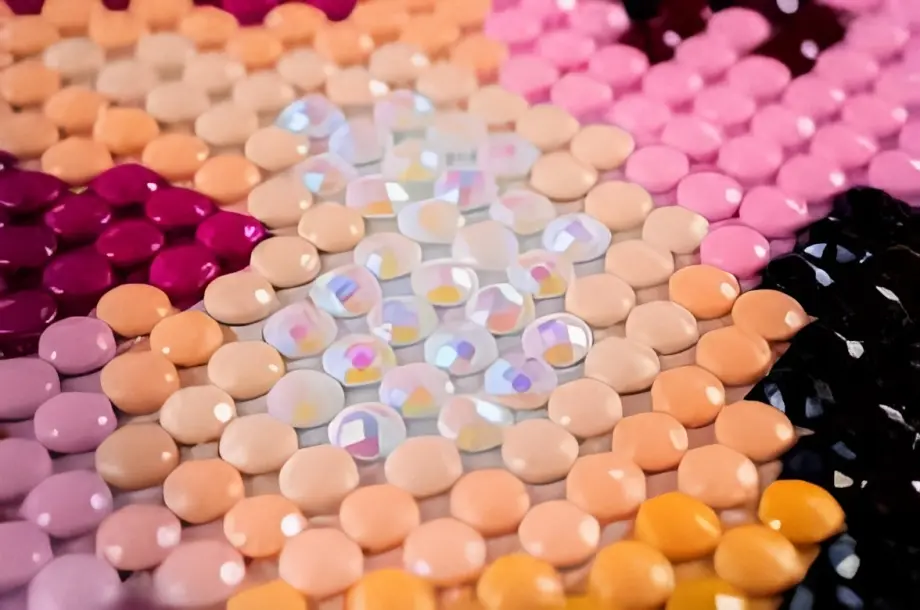
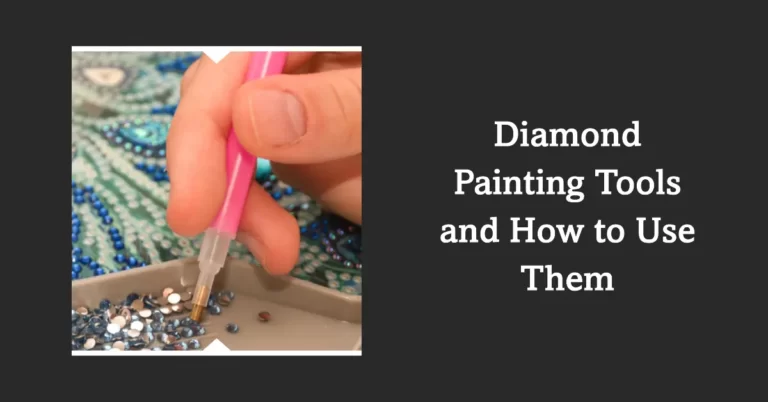
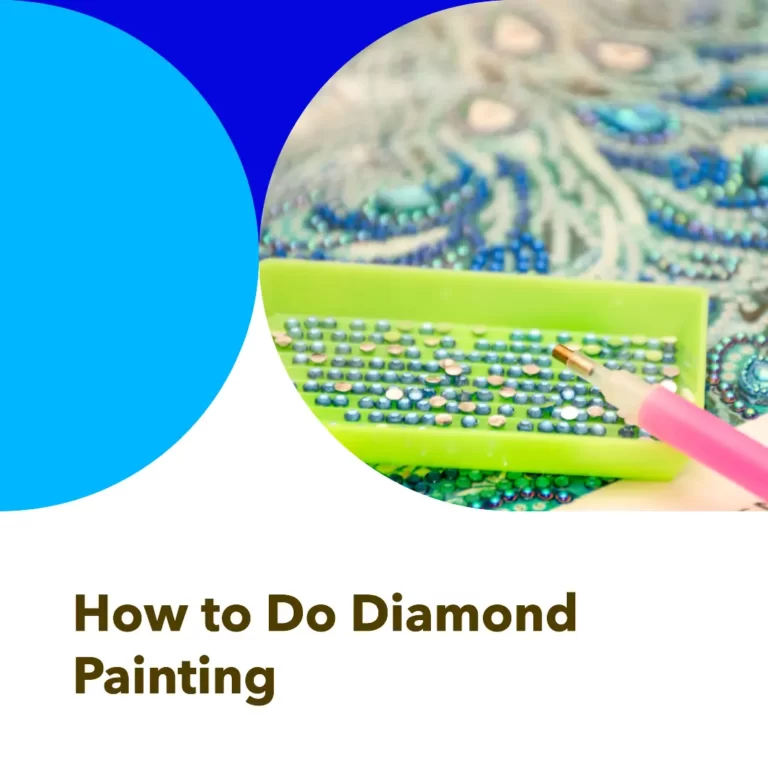
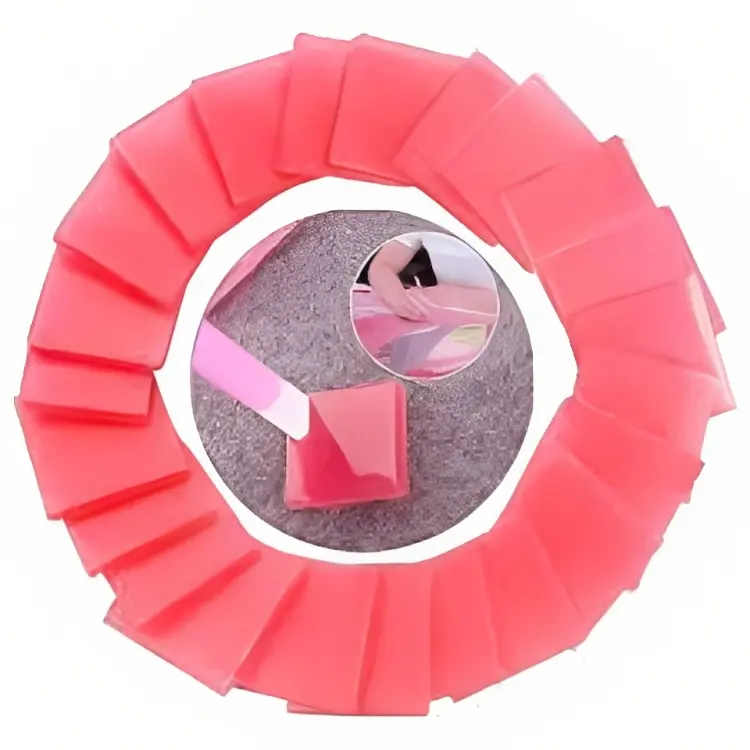


One Comment